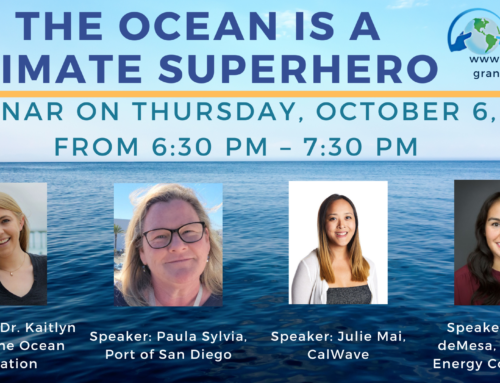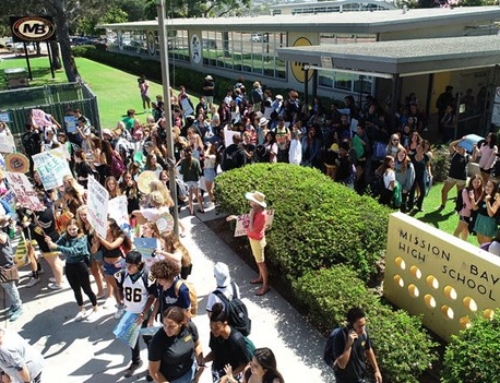Cliff Colwell, STAY COOL Advisory Council member, has been in many book clubs over the years, and is an experienced facilitator. We are so pleased that he has volunteered to lead the first book discussion for our STAY COOL friends. When asked why he thought this would be a good idea, he said that it is yet another way to inform and delight people about the miracles in nature. Data touches our mind, but what we also need is a story to touch our heart. That may be the torchlight that leads us to a path of action.
Our first book for 2022 is Braiding Sweetgrass: Indigenous Wisdom, Scientific Knowledge and the Teachings of Plants, by Robin Wall Kimmerer. Sign up by sending an email to sdstaycool4grandkids@gmail.com.
We will start the year with a virtual book club, using ZOOM, and hopefully, we can move to in-person outdoor settings when it is safe to do so. Our plan is to have an introductory meeting in early February, and then follow up with our discussion about two months later. In the future, all participants will have the chance to select a book and facilitate the discussion, should they choose.
 Let’s find out a little more about this book, Braiding Sweetgrass: Indigenous Wisdom, Scientific Knowledge and the Teachings of Plants, by Robin Wall Kimmerer.
Let’s find out a little more about this book, Braiding Sweetgrass: Indigenous Wisdom, Scientific Knowledge and the Teachings of Plants, by Robin Wall Kimmerer.
As a botanist, Robin Wall Kimmerer has been trained to ask questions of nature with the tools of science. As a member of the Citizen Potawatomi Nation, she embraces the notion that plants and animals are our oldest teachers. In Braiding Sweetgrass, Kimmerer brings these two lenses of knowledge together to take us on “a journey that is every bit as mythic as it is scientific, as sacred as it is historical, as clever as it is wise” (Elizabeth Gilbert).
Each chapter is completely independent from the other and tackles the complex relationship between human’s interaction with the earth. You can read all of them or just a few that strike your interest.
Drawing on her life as an indigenous scientist, a mother, and a woman, Kimmerer shows how other living beings—asters and goldenrod, strawberries and squash, salamanders, algae, and sweetgrass—offer us gifts and lessons, even if we’ve forgotten how to hear their voices. In a rich braid of reflections that range from the creation of Turtle Island to the forces that threaten its flourishing today, she circles toward a central argument: that the awakening of a wider ecological consciousness requires the acknowledgment and celebration of our reciprocal relationship with the rest of the living world. For only when we can hear the languages of other beings will we be capable of understanding the generosity of the earth and learn to give our own gifts in return.
Sign up today to connect with the STAY COOL Book Club! sdstaycool4grandkids@gmail.com



